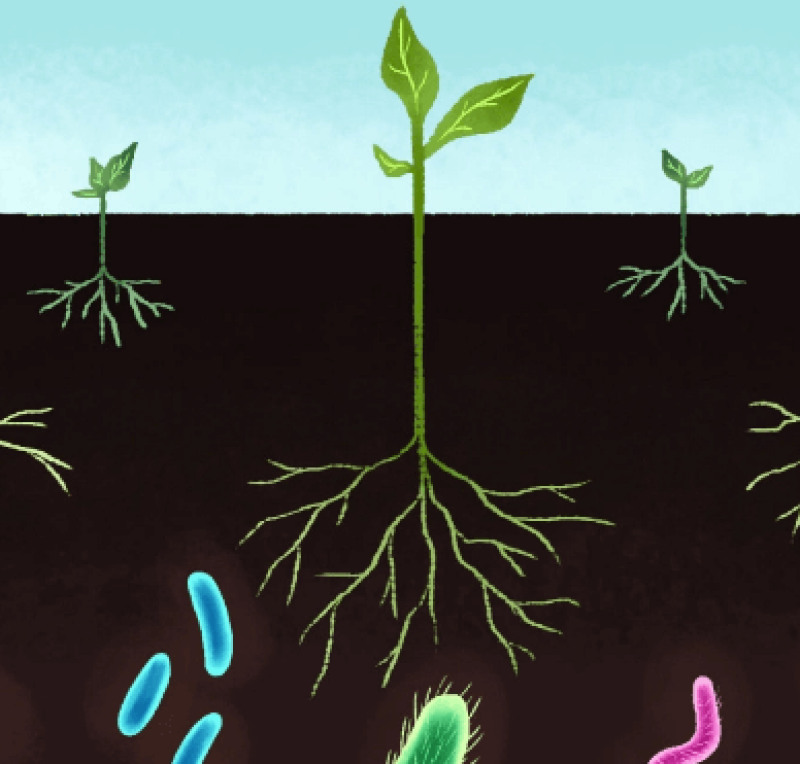Editor’s Note: This article was written by Matthew Wallenstein, an associate professor at Colorado State University and director of its Innovation Center for Sustainable Agriculture.
Microbes can unlock phosphorus and other micronutrients so that plants can use them … They do this by releasing specialized molecules that break the bonds between phosphorus and soil particles. To get this technology into the hands of farmers who can use it, we launched a startup company called Growcentia and started selling our first product, which is called Mammoth P.
…
Growcentia focuses on soil microbes that increase nutrient efficiency and uptake, but microbes can also enhance agriculture in many other ways. Some companies are focused on commercializing microbes that have been shown to suppress plant responses to drought, which ironically tricks them into continuing to grow through dry conditions. Other companies are developing microbial products that protect plants from disease and pests. Microbes can even influence the timing of flowering. The possibilities are endless.
…
We can examine their genes through sequencing or their function using high-throughput screening methods to find microbes with particular attributes. We also can genetically engineer microbes to produce new strains with the characteristics we want. Or we can even synthesize entirely new species from scratch.
The GLP aggregated and excerpted this blog/article to reflect the diversity of news, opinion, and analysis. Read full, original post: Are microbes the next revolution coming to Big Ag?































